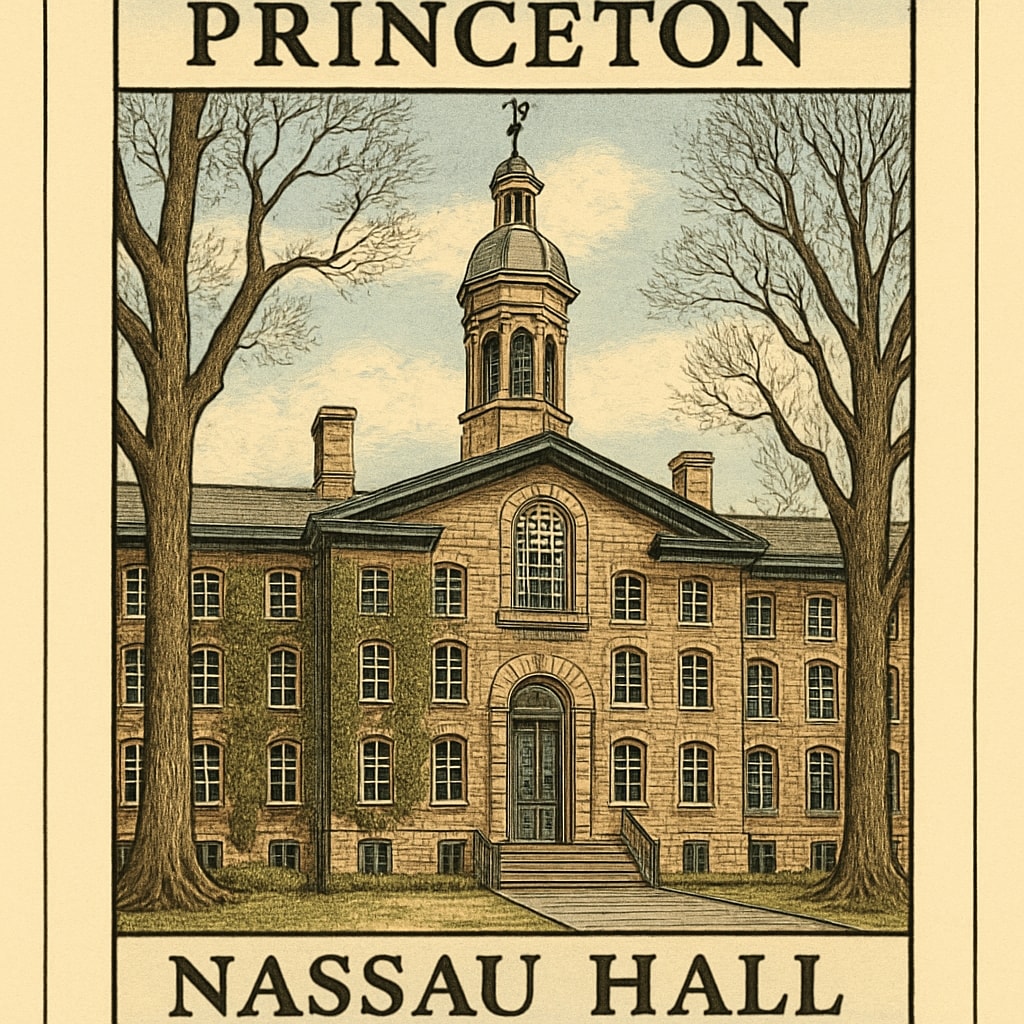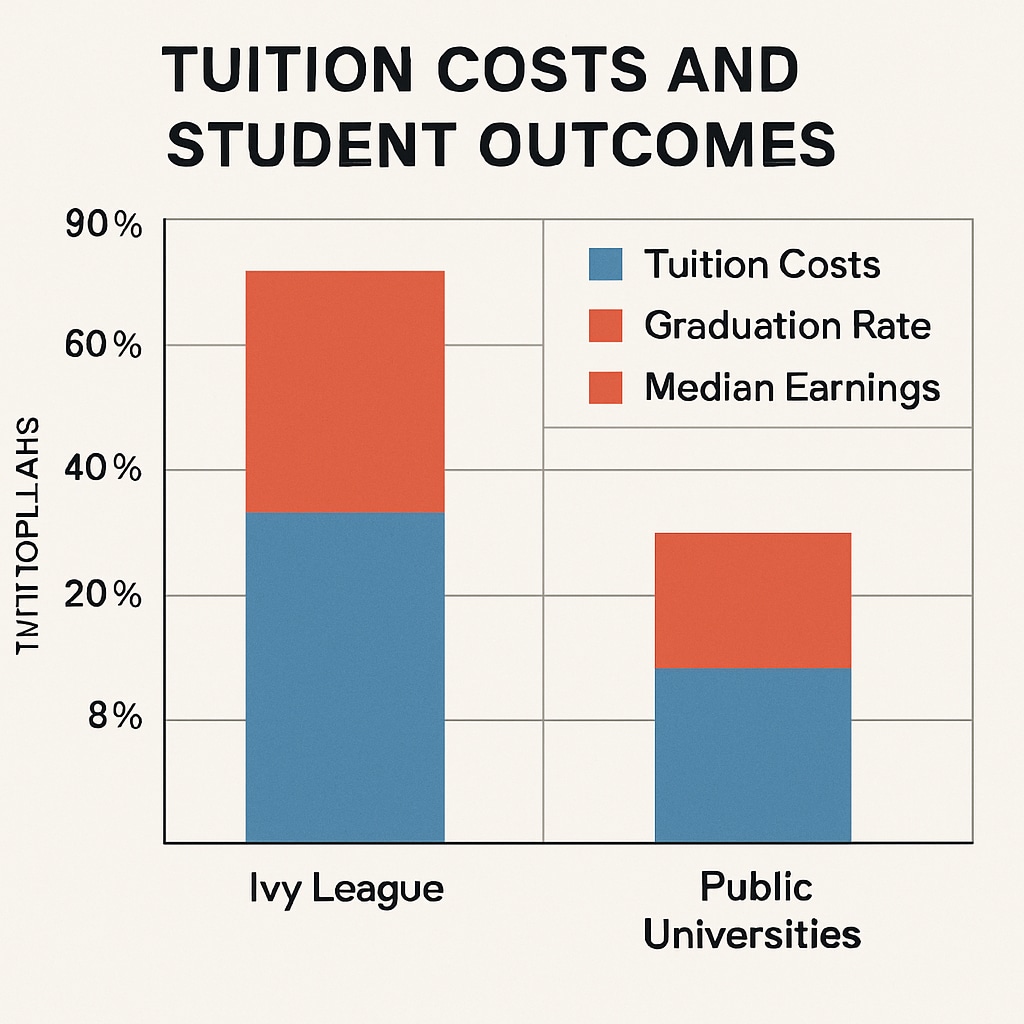Princeton, Ivy League schools, and elite education often dominate discussions surrounding high-quality learning institutions. For decades, these prestigious universities have been synonymous with academic excellence and future success. However, as the landscape of higher education evolves, it is critical to reassess whether these institutions truly deliver the value they are perceived to hold. Furthermore, this obsession with Ivy League schools can have profound implications on the development of K-12 students, who are increasingly groomed to chase the prestige rather than genuine personal growth.
Understanding the Prestige of Ivy League Institutions
The Ivy League, an association of eight elite universities in the northeastern United States, including Princeton, Harvard, and Yale, is often seen as the pinnacle of academic achievement. These schools boast impressive alumni networks, robust endowments, and global recognition. However, their reputation sometimes overshadows a critical evaluation of whether the education they provide justifies the immense cost and effort required to attend.
For example, Princeton consistently ranks among the top universities worldwide, but its exclusivity raises questions about accessibility and fairness. When comparing Ivy League programs with those at other institutions, the differences in curriculum or teaching methods are often marginal. Instead, the perceived value frequently stems from branding and historical prestige rather than objective educational superiority.

Reevaluating the Educational Value of Ivy League Schools
It is essential to consider whether Ivy League institutions provide a unique advantage over other reputable universities. While aspects like smaller class sizes, renowned faculty, and extensive research opportunities are undeniably beneficial, they are not exclusive to Ivy League schools. Many public universities and liberal arts colleges offer comparable, if not superior, educational resources at a fraction of the cost.
Research suggests that the long-term success of graduates often depends more on individual effort, professional networking, and adaptability rather than the name on their diploma. For instance, a study by Britannica highlights that the career outcomes of Ivy League graduates can be similar to those from non-Ivy institutions when controlling for socioeconomic factors.
As a result, it is worth questioning whether the Ivy League’s primary appeal lies in its tangible benefits or the societal validation it offers to students and their families.

The Impact of Elite Education on K-12 Students
The cultural obsession with Ivy League schools has trickled down into the K-12 education system, often leading to undue pressure on young learners. Parents and educators sometimes prioritize college preparation over holistic development, pushing students into rigorous academic schedules and extracurricular activities aimed solely at building an Ivy League-worthy resume.
As a result, students may experience burnout, anxiety, and a diminished sense of self-worth if they fail to meet these lofty expectations. Moreover, this single-minded focus can overshadow other valuable aspects of education, such as creativity, critical thinking, and emotional intelligence.
Instead, fostering a mindset that values personal growth and diverse educational paths can be more beneficial. For example, encouraging students to explore schools that align with their interests and goals—rather than simply chasing prestige—can lead to more fulfilling and successful academic journeys.
Looking Beyond the Ivy League
While Ivy League schools undoubtedly offer exceptional opportunities, they should not be seen as the sole measure of educational success. Institutions such as Stanford, MIT, and top public universities like UC Berkeley provide equally enriching experiences without the same level of societal pressure. Furthermore, vocational schools and community colleges can serve as valuable alternatives for students pursuing specialized or cost-effective education.
In conclusion, the true value of Princeton and other Ivy League schools lies not in their prestige but in their ability to meet the individual needs of students. By reassessing the cultural obsession with elite education, we can create a more inclusive and diverse academic environment that benefits learners at all levels.
Readability guidance: Use concise paragraphs, avoid overuse of jargon, and incorporate transitional phrases for smooth reading. Focus on presenting balanced arguments supported by data and external references.


